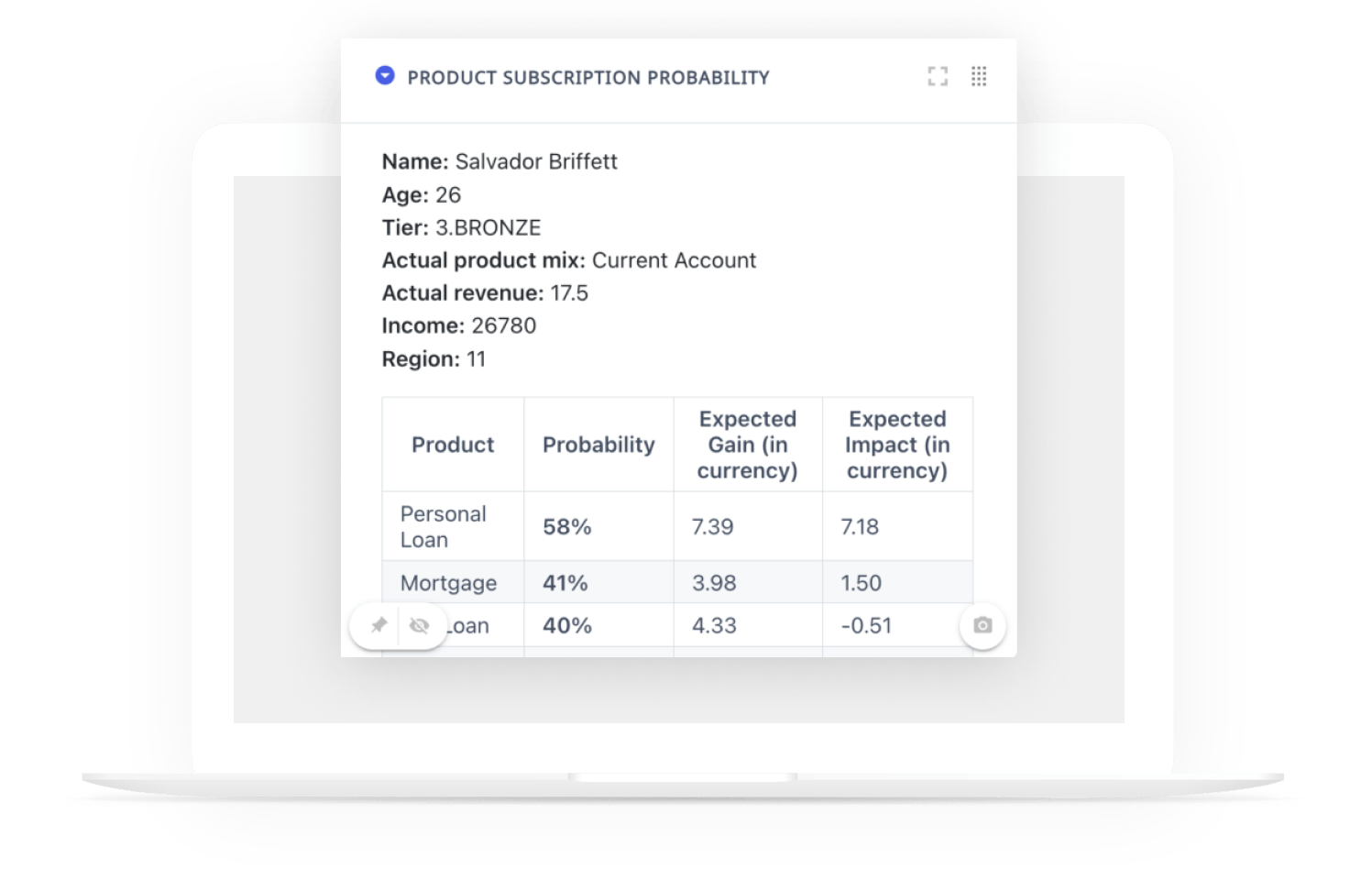EU Data Act Addendum
This Addendum (the “Addendum”) supplements and is expressly incorporated into Customer’s agreement with Dataiku governing Customer’s use of the Cloud Service (the “Agreement”). If and to the extent Regulation (EU) 2023/2854 on harmonized rules on fair access to and use of data (the “EU Data Act”) is applicable to the Cloud Service provided to Customer under the Agreement, these mandatory provisions will prevail over any conflicting terms contained in the Agreement, but only with respect to obligations arising from the EU Data Act.
Effective as of 12 September 2025, the Parties agree as follows:
1. Definitions. For purposes of this Addendum, capitalized terms have the meaning assigned to them below or, if not defined below, the meaning assigned to them in the Agreement.
a. “Data Processing Service” means a digital service providing on-demand network access to a shared pool of configurable, scalable, and elastic computing resources.
b. “ICT” means information and communication technology.
c. “Same Service Type” means a Data Processing Service that shares the same primary objective, data processing service model and main functionalities as the Dataiku Data Processing Service(s).
d. “Switching” or “Switch” means the process whereby Customer changes from using the Dataiku Data Processing Service, if any, to (i) using another Data Processing Service of the Same Service Type offered by a different provider, or (ii) an on-premises ICT infrastructure, including through extracting, transforming and uploading Customer data.
2. Data Access and Portability.
a. Right to Access and Port Data. Customer has the right to access Customer’s exportable data generated through Customer’s use of the Dataiku Data Processing Service.
b. Format and Delivery. To the extent Customer does not otherwise have access to Customer’s exportable data, Dataiku shall make it available to Customer free of charge and without undue delay in a structured, commonly used and machine-readable format as further described in the Documentation.
c. Trade Secrets. In the process of providing access to or transferring data, Dataiku will take necessary measures to protect its trade secrets and the trade secrets of third parties. Customer acknowledges that Dataiku may require Customer or third parties to enter into a confidentiality, licensing or other agreement(s) with respect to such trade secrets before disclosure.
3. Cloud Switching Obligations.
a. Switching Request. Customer may notify Dataiku of Customer’s intention to perform one or more of the following actions in respect of the Dataiku Data Processing Service provided under the Agreement (“Request“):
i. Switch to a different provider of a Data Processing Service of the Same Service Type;
ii. Switch to an on-premises ICT infrastructure; or
iii. Delete Customer’s exportable data.
b. Procedure. Dataiku’s obligations under this Addendum are conditioned upon the following:
i. Customer must provide Dataiku at least two (2) months’ prior written notice (“Notice Period“) of Customer’s request;
ii. Customer must explicitly request Switching or erasing of Customer’s exportable data, specifying the relevant Data Processing Service; and
iii. Customer must provide all reasonable information necessary for Dataiku to enable the Switching or the erasing of Customer’s exportable data, including, as applicable, details about the destination provider and/or the destination on-premises ICT infrastructure, the envisaged timing and the contact details of Customer’s representative(s) responsible for the process.
c. Direct Transfer to Third Parties. Customer has the right to request that Dataiku transfer Customer’s exportable data directly to a third-party data recipient of Customer’s choice. This transfer will be in the same quality as available to Dataiku. Dataiku may seek fair, reasonable, and non-discriminatory compensation from the third-party data recipient for the costs incurred in facilitating the direct transfer of data.
d. Cooperation. Throughout the Switching process, Dataiku will provide reasonable assistance to Customer and third parties authorized by Customer, including by providing available technical information and open interfaces, to facilitate Switching. The Cloud Service will remain available to Customer during the Switching process in accordance with the Agreement. Customer shall ensure that any destination provider will cooperate in good faith to make the Switching process effective, enable the timely transfer of data and maintain the continuity of the applicable Data Processing Service.
e. Transition. Upon receipt of a valid Request, Dataiku will enable the requested Switching without undue delay during a transitional period of thirty (30) days from expiry of the Notice Period; this period may be extended up to seven (7) months for technical reasons which will be communicated to Customer (as applicable, the “Transitional Period“). Customer may retrieve Customer’s exportable data for a period of thirty (30) days from expiry of the Transitional Period.
f. Termination. The Agreement shall automatically terminate upon occurrence of any of the following events (as applicable):
i. Where Customer has requested a Switch, upon successful completion of the Switching, at which time Customer’s exportable data will be deleted or destroyed in accordance with the Agreement; or
ii. Where Customer has requested only deletion of Customer’s exportable data, at the end of the applicable Notice Period.
4. Charges.
a. Switching Charges. Dataiku will not charge any fees for the support provided during the Switching process.
b. Early Termination Charges. No refunds for fees paid shall be provided, and all fees committed but not yet paid under the applicable Order(s) shall become due and payable thirty (30) days from Customer’s receipt of the Dataiku invoice, which shall be issued upon the effective date of termination as outlined above.
5. International Data Transfers. Dataiku is committed to implementing technical, legal, and organizational safeguards designed to prevent unlawful governmental access to non-personal data stored in the European Union by non-EU public bodies.




